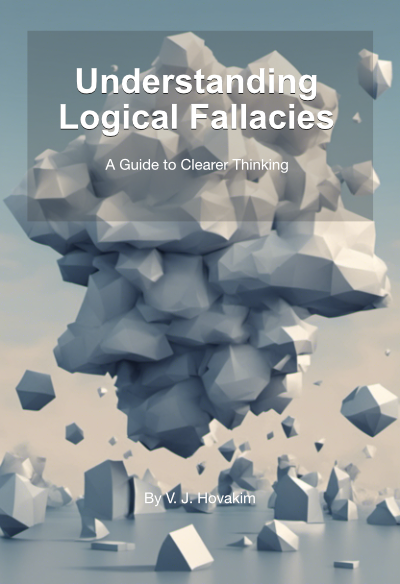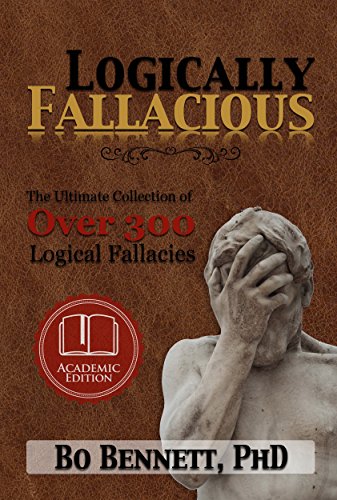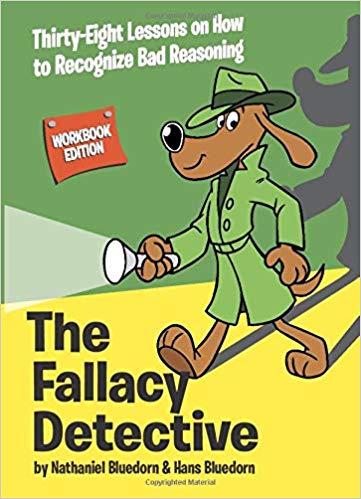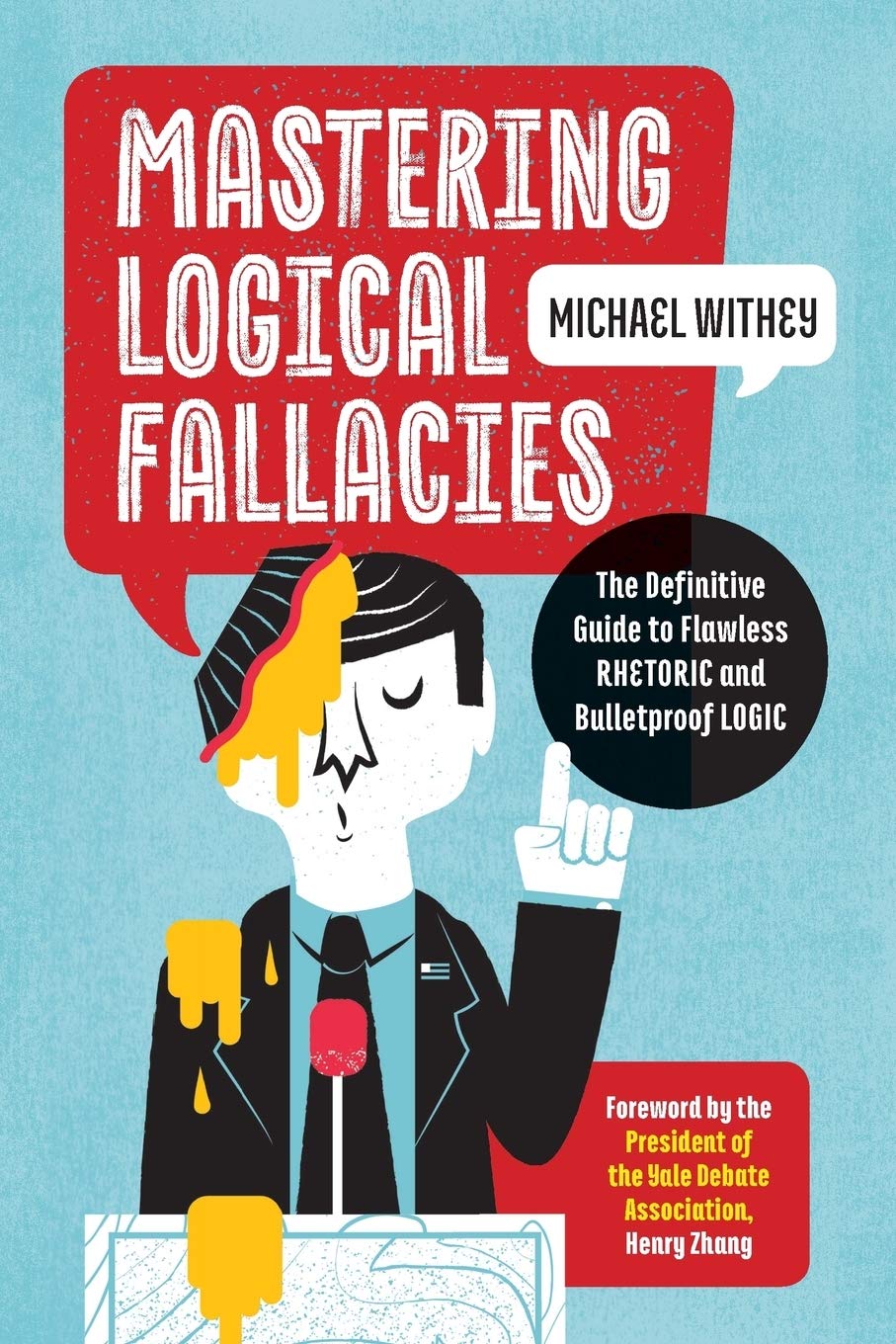
False Cause & False Attribution
False cause refers to an argument where someone cites sequential events as evidence that the first event caused the second. False attribution happens when someone appeals to irrelevant, biased, or unqualified information.
Example of False Cause & False Attribution
- False Cause: I eat bananas for a snack every day. One day I skipped my banana, and my car was broken into. I have not missed a day of banana-snacking since.
- False Attribution: John showed me this book that proved scientists have empirical evidence for the existence of mermaids, but I lost the book and don't remember the title.

Books About Logical Fallacies
A few books to help you get a real handle on logical fallacies.





False Cause & False AttributionExtended Explanation
The False Cause & False Attribution Fallacy is a logical fallacy in which a cause and effect relationship is assumed to exist when none exists, or when the relationship is exaggerated or distorted. It can be used deliberately to deceive or mislead, or it can be used inadvertently by someone who is unaware of the true causal relationship between two factors. It is a type of informal fallacy, as opposed to a formal fallacy, in which the logical structure of an argument is flawed. The false cause and false attribution fallacy is often used to explain away an event that has an unknown cause. It is an example of the post hoc ergo propter hoc fallacy, which assumes that because one event follows another, the first event must have caused the second.
For example, if a person is late for work and their boss finds out, the boss might assume that the person was late because they were out partying the night before. This is an example of a false cause and false attribution fallacy, as the boss has assumed that the person’s late arrival was caused by their behavior the night before, when in fact there may have been other reasons for the person being late.
The false cause and false attribution fallacy can also be used to blame an individual or group for an event that they had no control over. This is an example of the “scapegoat” fallacy, in which an individual or group is blamed for something that is not their fault. For example, if a company suffers a financial setback, a manager might assume that it was caused by the poor performance of a certain employee and take disciplinary action against them, even though the financial setback may have been caused by broader economic factors outside of the employee’s control.
In both of these examples, the false cause and false attribution fallacy is being used to draw a conclusion that has no basis in fact. It is important to be aware of this fallacy and to avoid making assumptions about causes and effects without sufficient evidence. Otherwise, we risk making decisions based on faulty logic and incorrect information.